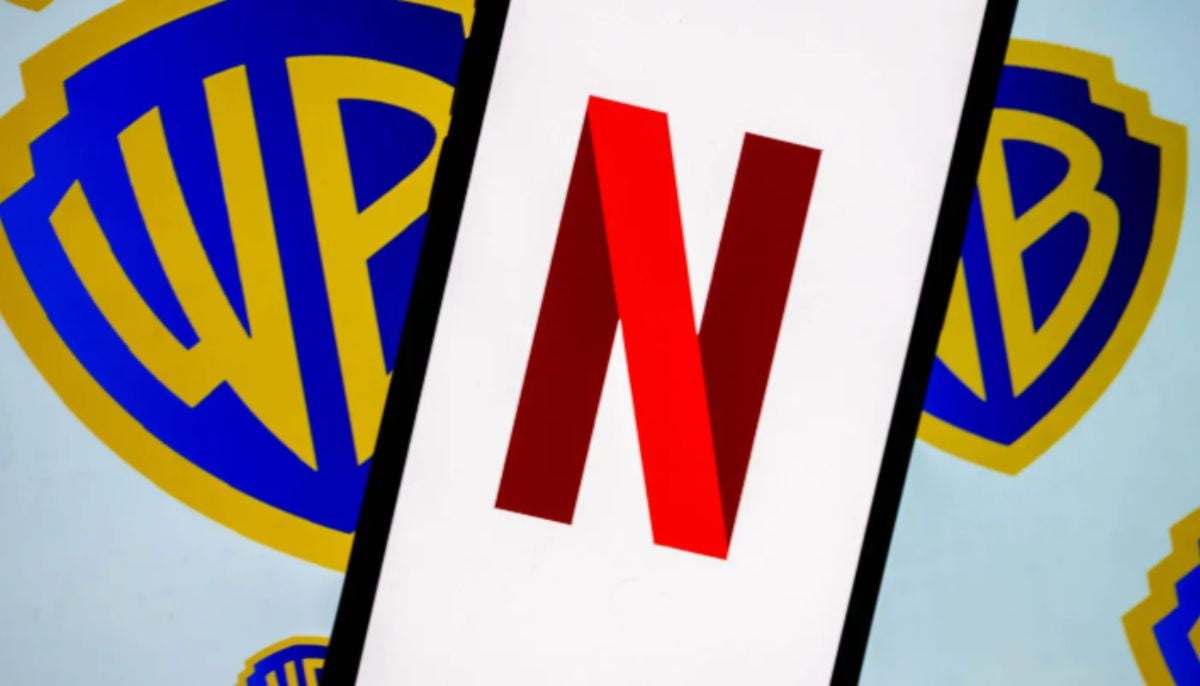VIENNA: The OPEC oil cartel defied expectations Wednesday and nailed down its first joint output cut since 2008 after tough talks in Vienna, sending oil prices soaring.
At 1622 GMT Brent North Sea crude for January delivery was up $3.77 at $50.15, the first time it has risen above $50 in a month. West Texas Intermediate was up $3.98 at $49.21.
The accord announced by the Organization of the Petroleum Exporting Countries is aimed at reducing a global supply glut that has kept prices painfully low.
It represents a dramatic reversal from OPEC´s Saudi-led strategy, introduced in 2014, of flooding the market to pressure rivals, in particular US shale oil producers.
The cartel will lower its monthly output by 1.2 million barrels per day (bpd) to 32.5 million bpd from January 1, Qatar´s energy minister and president of the OPEC conference said.
"This is a major step forward and we think this is a historic agreement, which will definitely help rebalance the market and reduce the stock overhang," Mohammed Bin Saleh Al-Sada told a news conference in Vienna.
He also said that the deal will help lift global inflation accelerate to a "more healthy rate," including in the United States.
It finalises a preliminary deal struck in September in Algeria when OPEC agreed to cut production but left the details to clear up later.
Negotiations got bogged down in a game of poker between OPEC´s three biggest producers, Saudi Arabia, Iraq and Iran, on who would do the heavy lifting.
Iraq had said it did not want to pump less crude because it was short of money to fight Daesh extremists. It also disputed how much it actually produced.
Iran has only been able to freely to export oil since last year´s nuclear deal came into force in January, and wants to return to pre-sanctions output levels.
Fawad Razaqzada, a market analyst at Forex.com, said before OPEC´s announcement that Iran was "playing a clever game" against its arch rival.
But Saudi Arabia also played hard-ball, saying it was prepared to leave the Austrian capital without a deal.
Energy Minister Khaled al-Falih had said recovering demand will boost prices next year -- cut or no cut.
Even though expectations were therefore low, failure to get a deal would have sent oil prices tumbling, perhaps as low as $30 per barrel, analysts had said.
Also it would have reignited debate about the very purpose of OPEC, 56 years after its creation.
-
Bitwise Crypto Industry innovators ETF: What investors should do in 2026?
-
Nintendo shares slide again as momentum fears grow
-
Gold, silver prices fallen sharply; What’s driving the drop?
-
Gold’s record climb: Experts question if its safety is ‘overstated’
-
Dubai unveils plans to construct street built with real gold
-
Netflix slams Paramount’s bid: 'Doesn't pass sniff test’ as Warner battle escalates
-
Ubisoft: Shares plunge amid restructuring plan and wave of games cancellations
-
Netflix revises Warner Bros. deal to $83 billion: All-cash offer











